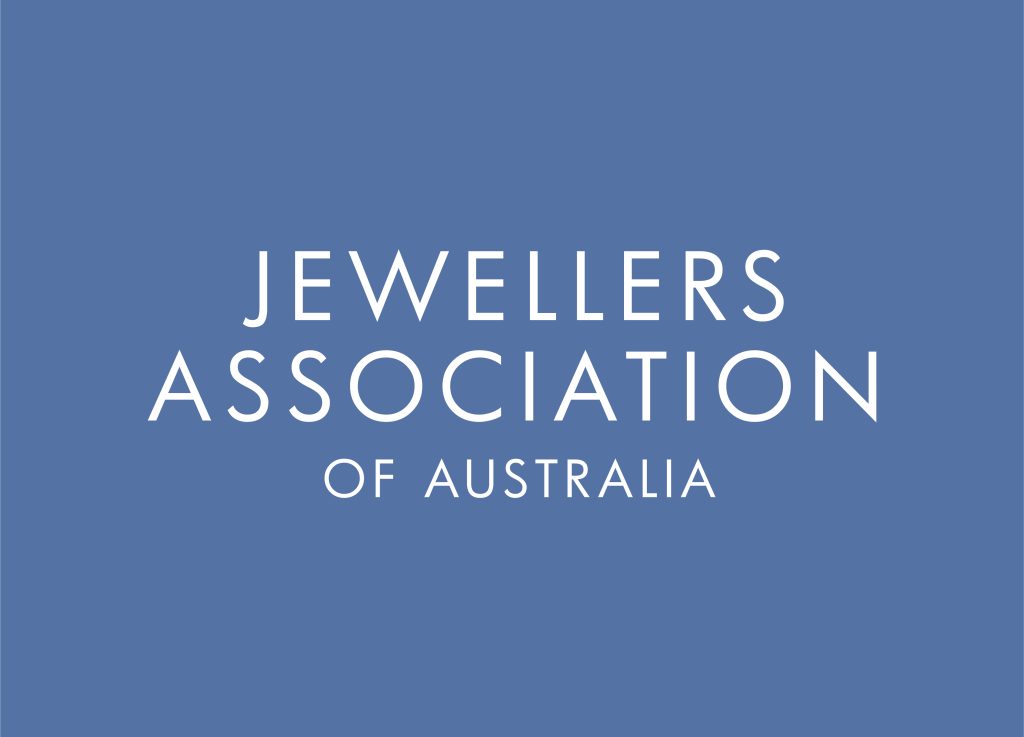
The Jewellers Association of Australia (JAA) is recognised both here and internationally, as the first association in the minds of the government, media, manufacturing jewellers, retailers, suppliers and consumers for industry issues.
On many occasions, the JAA has participated in federal and state forums, providing the jewellery industry with valuable insight across various issues, ranging from police-supported store security seminars to the reintroduction of precious metal standards with the help of statutory authorities such as Standards Australia. The latter project brought the Australian millesimal percentages for gold, silver and platinum in line with the rest of the world. The JAA was also instrumental in helping the Border Force introduce a separate importation code for lab-grown diamonds, allowing the Department of Statistics to measure the market growth of laboratory-grown diamonds in Australia.
The most recent example of our government-industry cooperation took place on Wednesday, June 7th, when the JAA was invited to partake in the Federal Attorney-General’s Department (AG) round table discussions on anti-money laundering. JAA president, Joshua Sharp, vice president Ronnie Bauer, and board member, Daniel Anania attended. The AG Department is looking at crafting legislation to make it mandatory to report all cash transactions over $10,000 for sales and the buying of jewellery, precious metals and gemstones that may be used from the proceeds of crime or to fund terrorist activities. The AG Department is trying to bring Australia’s laws in line with other countries including New Zealand, Canada, the US, and the EU in regard to the way high-value goods are moved and sold for cash. The JAA raised the question of whether these proposed measures would include cryptocurrencies, with the AG Department representatives confirming this scenario had not yet been considered.
As the legislation is being shaped, the JAA will be invited back for another briefing, and it is expected that the draft legislation will be presented to our JAA members and industry via a roadshow for broader industry input and feedback, before going to parliament. This level of government recognition demonstrates the strength and vitality of the JAA brand. Our participation in this one project alone has helped to dispel certain myths about how our industry operates to public servants, and hopefully, our elected representatives. We explained that to be a member of the JAA, one must agree to a Code of Conduct consistent with the AG Department’s aims.
The JAA is a national member of the World Jewellery Confederation (CIBJO). As such, we have agreed to bring the AG Department’s concerns to the next Congress taking place this October in Jaipur, India, for feedback through the CIBJO Ethics Commission on how the jewellery industry in other countries deal with these issues, and what compliance procedures jewellers, gemstone merchants, suppliers, and retailers must adhere to overseas. The outcome of the AG Department’s procedures and future legislation will be incorporated into the CIBJO Blue Book on Ethical Behaviour.
JAA Board
Further reading: